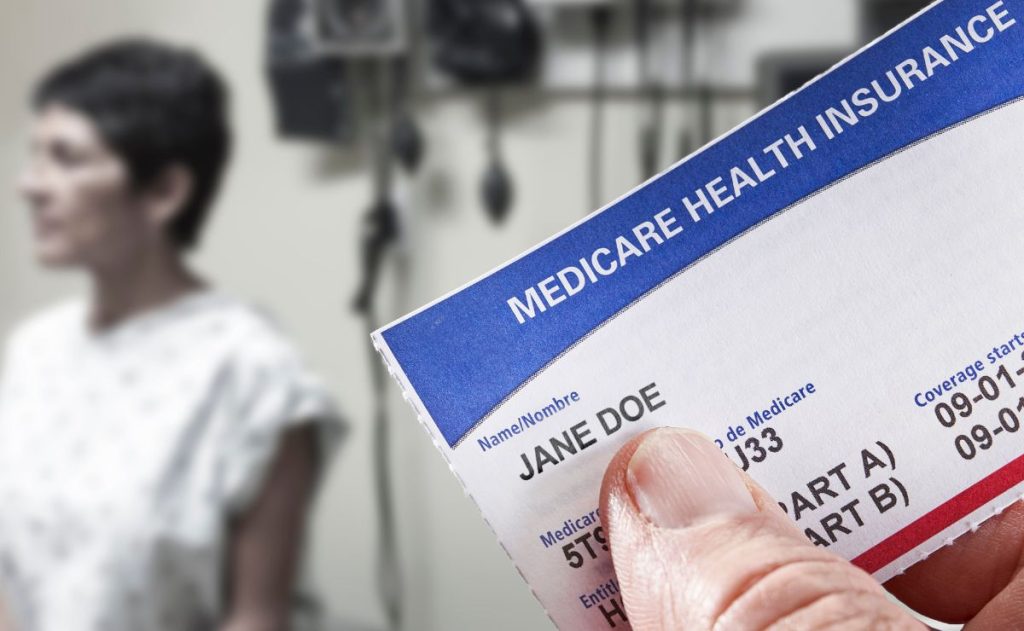A significant shift in policy has reshaped the landscape of mental healthcare for millions of Americans. Effective January 1st, 2024, the Medicare program, which serves over 65 million individuals, began covering therapy appointments with licensed marriage and family therapists (LMFTs) and licensed professional counselors (LPCs).
This landmark decision, culminating from years of advocacy and legislative effort, addresses a longstanding gap in mental health coverage and holds immense potential for improved access and well-being, all covered in the Medicare program.
How Medicare Users Could Now Access Mental Healthcare
Previously, Medicare’s mental health coverage primarily encompassed services provided by psychologists and psychiatrists. This limited the pool of available providers, neglecting a substantial cohort of highly qualified professionals. LMFTs and LPCs, who collectively constitute roughly 40% of the nation’s Master’s-level mental health workforce (American Counseling Association), bring specialized expertise and therapeutic approaches to the table. Their inclusion expands treatment options for Medicare beneficiaries and injects much-needed capacity into a system historically burdened by provider shortages.
“This policy change reflects a long and arduous journey,” asserts Dr. Elizabeth Anderson, a prominent psychiatrist and champion for mental health equity. “Numerous legislative proposals and tireless advocacy efforts paved the way for this breakthrough. Its significance is truly profound.”
The impact of this policy shift is expected to be most transformative in rural communities, where access to mental health services has often been a formidable challenge. A staggering one in three rural residents rely on Medicare, yet face significant geographic barriers and prolonged wait times to reach the limited number of available psychiatrists and psychologists. The integration of LMFTs and LPCs fosters a more robust network of care, bringing services closer to those who need them most.
“For rural communities, this change represents a long-awaited answer to a pressing need,” states Dr. David Kim, a primary care physician practicing in a rural Kansas town. “Even finding a local provider can be arduous, and their expertise may not always align with specific patient needs. The inclusion of LMFTs and LPCs creates a broader spectrum of therapeutic resources, allowing us to better serve our patients. This is a game-changer.”
Is the System Ready to Provide Better Mental Healthcare?
While the enthusiasm surrounding this policy expansion is undeniable, challenges remain. Addressing the national shortage of mental health professionals demands not only legislative reform but also sustained investments. Increased funding for training programs, loan forgiveness initiatives, and incentives for practice in underserved areas are critical steps to ensure the expanded access translates into tangible benefits for all who require it.
Nevertheless, this moment stands as a landmark victory in the fight for accessible mental health care. For millions of Medicare beneficiaries, the stigma associated with seeking help may finally begin to dissipate as diverse and skilled professionals become readily available. In rural communities, feelings of isolation and despair may give way to renewed hope and access to the support needed to thrive. Ultimately, this policy change signifies a commitment to healthcare equity, individual well-being, and the collective recognition of mental health as a fundamental pillar of overall health for all Americans.
